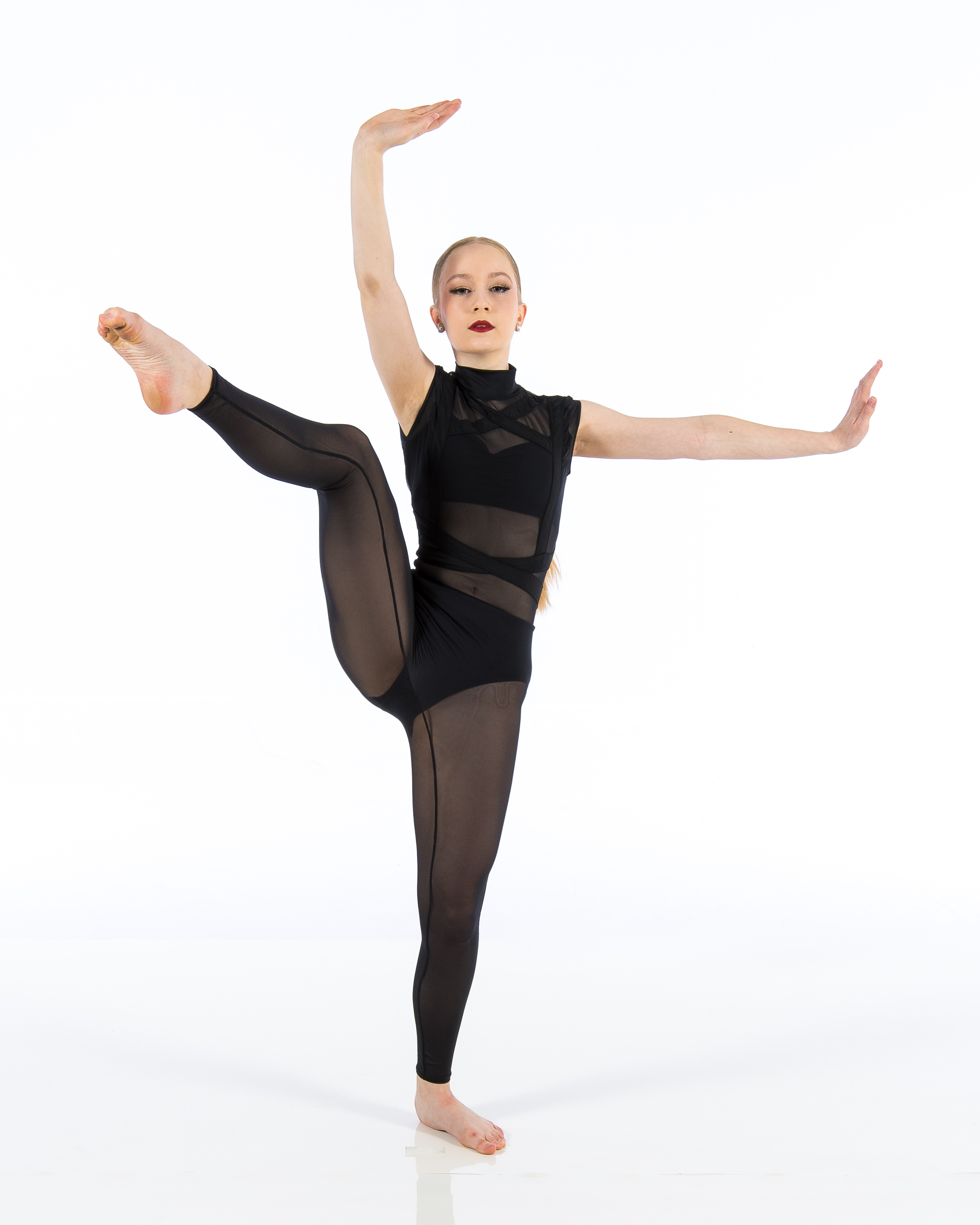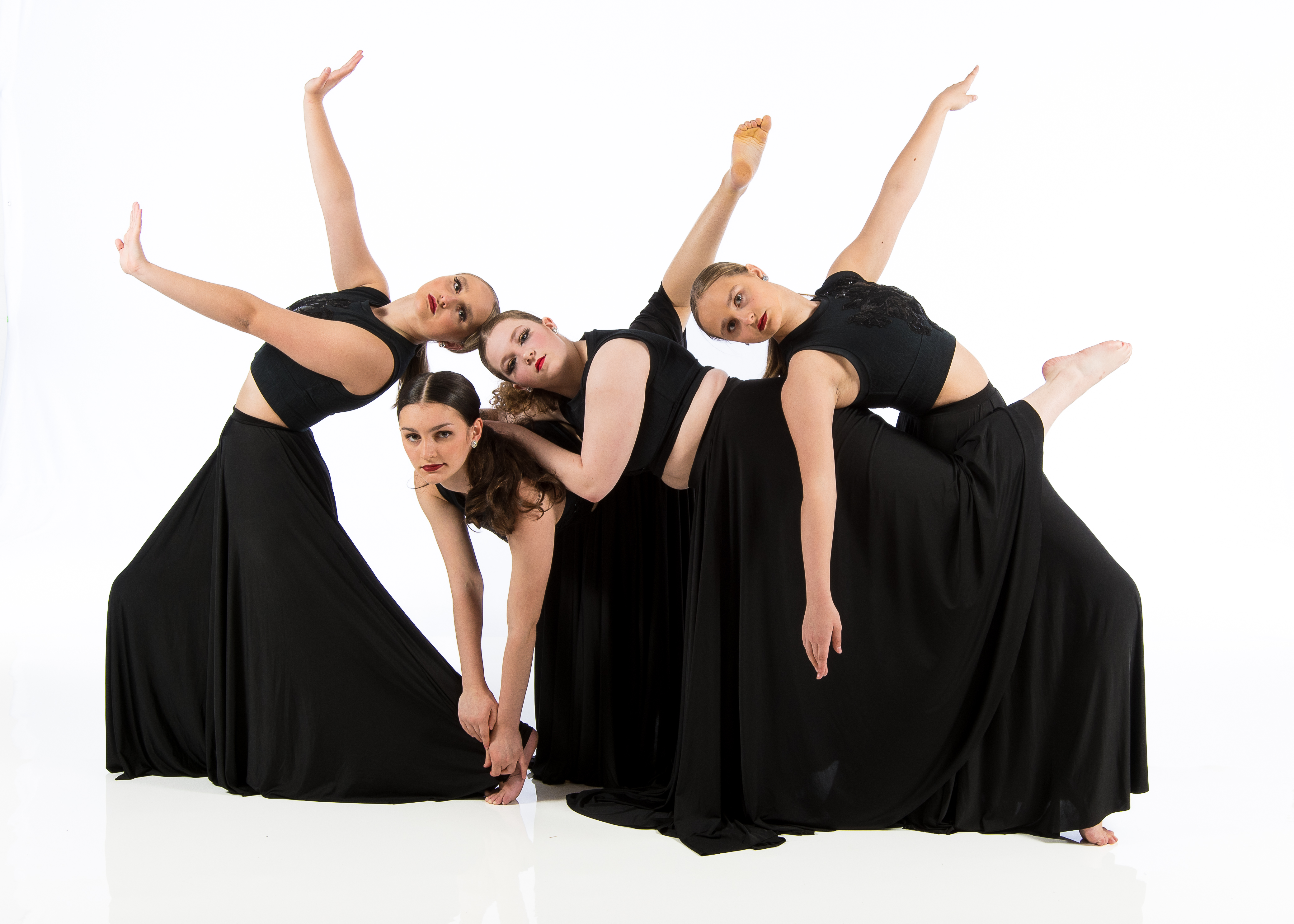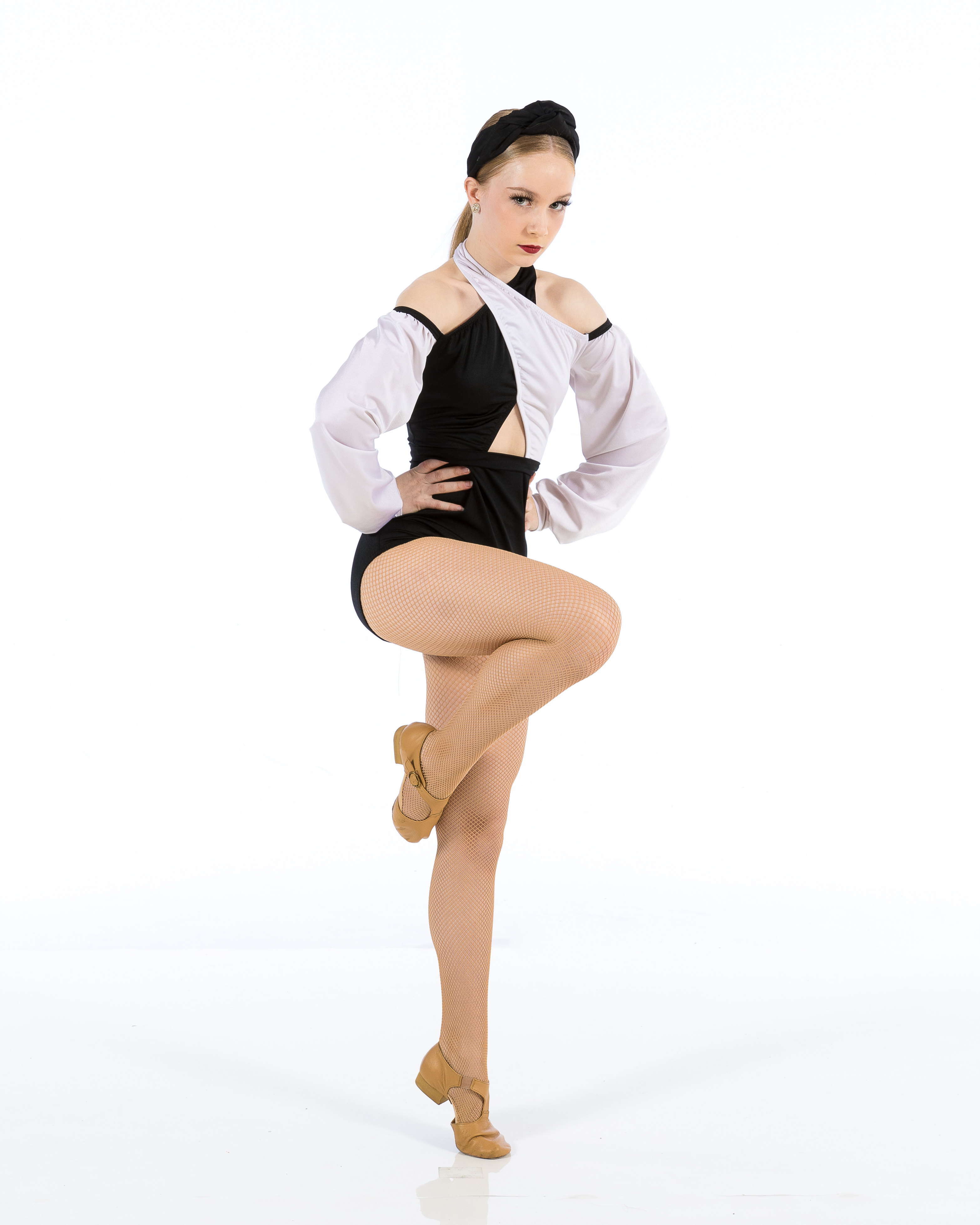Introduction
Stepping into a dance studio for the very first time is a thrilling experience, one that can stir a mixed drink of emotions-- enjoyment, anxiousness, anticipation. Whether you're an experienced professional dancer or simply starting your journey, recognizing the nuances of dance studio decorum can boost your experience and boost your relationships with trainers and fellow dancers alike. In this extensive guide, we'll dive deep into Mastering Dance Studio Rules: Necessary Tips for Beginners and Pros Alike
From basic guidelines to advanced considerations, this article will certainly cover everything you need to know about navigating the vibrant globe of dancing studios. So tighten those shoe laces and let's get started!
The Importance of Dance Studio Etiquette
Why Rules Matters in Dance Studios?
In any type of creative setting, etiquette plays a crucial role in preserving harmony and regard among participants. Dancing studios are no exemption. Great decorum cultivates a favorable ambience where imagination can flourish.

- Respect: Being thoughtful in the direction of instructors and fellow dancers develops common respect. Focus: Proper behavior reduces interruptions, enabling everybody to concentrate on learning. Community: Rules helps produce a supportive area that encourages development and camaraderie.
Common Misunderstandings Regarding Dance Studio Etiquette
Many novices hold misconceptions about what constitutes proper behavior in dance workshops. Allow's unmask some myths:
- Myth 1: "Just sophisticated professional dancers need to adhere to rules." Fact: Etiquette is crucial for all levels; it shows professionalism. Myth 2: "Instructors are as well rigorous concerning guidelines." Fact: Trainers apply rules to maintain order and respect.
Basic Dance Studio Rules for Beginners
Dress Code: What to Wear?
First impacts matter! The best outfit not just mirrors your dedication but likewise improves your efficiency. Right here's just how to clothe properly:


- Comfort: Choose clothes that permit free movement. Footwear: Purchase good-quality shoes suited to your dancing style.
|Dancing Design|Recommended Attire|| -------------|-------------------------|| Ballet|Leotard, tights, ballet sandals|| Hip-Hop|Loose-fitting clothes, tennis shoes|| Faucet|Comfortable garments, tap shoes|
Arriving on Time: Punctuality is Key!
Being late can disrupt the whole course. Purpose to get to the very least 10 mins early to:
- Warm up. Settle in mentally.
Tip: If you're running late as a result of unforeseen scenarios, educate the trainer beforehand.
Quiet Zone: Keeping Silence Before Class
Dance workshops prosper on focus. Maintain discussions to a minimum prior to course begins to make sure everyone can prepare mentally.
Intermediate Dance Studio Etiquette: Building Relationships
Respecting Individual Area in Class
Every professional dancer deserves their space during practice sessions. Avoid crowding others while exercising steps or routines.
Why It Issues: Appreciating personal space advertises convenience and facilitates far better learning experiences.
Listening Proactively During Instructions
When a teacher is talking, it's important to focus. Energetic paying attention demonstrates respect and assists you comprehend important concepts.
How To Program Active Listening:
Maintain eye call with the instructor. Nod when appropriate. Ask clarifying inquiries if needed.Advanced Dance Studio Decorum: Boosting Your Experience
Providing Positive Responses Wisely
As you expand a lot more skilled, sharing responses enters into the culture. Nonetheless, strategy this delicately:
Focus on specific movements rather than basic critique. Offer tips just if obtained by peers.Encouraging Others: Structure Area Spirit
Support your fellow professional dancers through support:
- Compliment their initiatives genuinely. Celebrate their achievements openly.
Mastering Dance Studio Etiquette: Necessary Tips for Beginners and Pros Alike-- The Trainers' Perspective
Understanding Teacher Expectations
Instructors typically have specific expectations relating to behavior in class. Familiarizing on your own with these can significantly enhance your understanding experience:
Listen diligently when they speak. Follow directions precisely. Give your best effort throughout every session.Building Connection with Your Instructor
Establishing a good partnership with instructors can be beneficial for your development as a professional dancer:
- Ask questions related to choreography or technique after class. Thank them for their guidance post-class; admiration goes a lengthy way!
Handling Dispute Beautifully in the Dance Studio Environment
Dealing with Disagreements Amongst Peers
Conflicts might develop within any type of group setting; knowing exactly how to handle them gracefully is important:
Approach the individual privately without rising tension. Use "I" statements rather than "you" statements (e.g., "I really felt neglected when ...").Addressing Concerns with Trainers Professionally
If you have issues relating to direction or classroom dynamics:
Request a private conference after course hours. Express your feelings constructively focusing on remedies rather than complaints.The Role of Non-Verbal Interaction in Dancing Studios
Understanding Body movement Signals
Dance inherently involves non-verbal interaction; recognizing just how body language features in this context is essential:
Positive body language (e.g., open pose) fosters connection. Negative signals (gone across arms) might communicate defensiveness or disengagement.Using Eye Get in touch with Effectively Throughout Classes
Maintaining eye call with trainers shares listening while also helping build relationship amongst peers during team performances!
FAQs
Q1: What need to I wear for my very first dance class?
A1: Select comfy garments that permits cost-free movement-- yoga exercise pants or leggings coupled with an equipped top works well!
Q2: Is it fine to miss out on courses occasionally?
A2: Life happens! Notify your trainer in advance preferably; they'll value your consideration.
Q3: Exactly how do I handle sensation reluctant around other dancers?
A3: Start tiny-- present yourself individually prior to increasing interactions progressively as experience grows!
Q4: Can I bring buddies along to observe classes?
A4: The majority of studios favor prior setups; check with administration first so they understand added attendees!
Q5: What happens if I disagree with a teacher's feedback?
A5: Approach them respectfully post-class; express feelings using "I" statements focusing on constructive dialogue as opposed to confrontation!
Q6: Need to I participate in performances also if I'm new?
A6: Definitely! Taking part boosts self-confidence-- speak out relating to any hesitations so holiday accommodations can be made accordingly!
Conclusion
Mastering dance studio rules isn't nearly following rules; it has to do with cultivating an enriching atmosphere where everyone feels valued and motivated-- whether you're just starting or improving innovative methods as an experienced pro! By adhering closely to these important suggestions described right here under Mastering Dance Studio Rules: Necessary Tips for Beginners and Pros Alike, not just will you improve your very own experience however likewise contribute positively in the direction of nurturing an inviting neighborhood within each dance Dance Studio studio you grace with your presence! So take these understandings forward into every workshop space you enter-- and allow the rhythm lug you toward excellence!